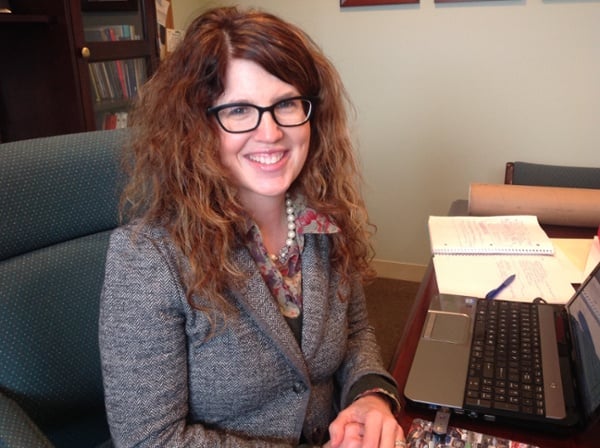Whether living on their own or in an independent living community, seniors are more susceptible to insomnia than most people. A range of medical conditions, such as bladder problems, chronic pain, and gastoesophageal reflux can make it hard to sleep at night. Furthermore, seniors remain more prone to other more common causes of insomnia, such as stress and poor sleep habits.
How Seniors Can Get a Good Night's Sleep
Medical Testing
First, seniors should get medical testing to find out if the source of their problems is a medical condition. Not only will this help catch and resolve issues before they can turn into problems, but they'll also be able to get expert advice on how to get a good night's sleep.
Make a Routine
Build a routine. Seniors should go to bed at the same time each night and get up at the same time in the morning. Make sure that the bedroom is pitch black while they are sleeping and try to avoid turning on the lights. For night trips to the washroom, encourage the use of a flashlight. If your loved one is in an assisted living community, staff members can help him or her stick to a routine.
Relieve Stress
Help relieve stress by engaging with your loved ones and encouraging them to take the time each day to do something that they enjoy. For example, if your loved one likes dancing and listening to music, try to find someone to do these things with her for a couple of hours each day. Communities that specialize in senior living often have fun activities to help seniors relieve stress.
Make Changes
Seniors may need to make lifestyle changes. Cutting down on the consumption of alcohol, caffeine, and nicotine can lead to a better night's sleep. Similarly, eating less sugar, less fat, and not eating right before bedtime can help. Indigestion can keep seniors up throughout the night.
Sleeping Aids
Consider using sleeping aids. Besides conventional medicine, you might also consider magnesium and melatonin supplements in addition to herbal remedies such as Valerian and chamomile tea.
Key Takeaways:
- Seniors can get insomnia from the same causes as other people. However, seniors are also more susceptible to medical conditions that can make it hard to sleep at night.
- Seniors should get tested to see if there is a medical problem, build a sleep routine, relieve as much stress as possible, and make changes in their lifestyles. Drugs and natural remedies are also helpful.
Need Help?
If you're interested in learning more about assisted or independent living communities, contact us today.
*Photo courtesy of freedigitalphotos.net





